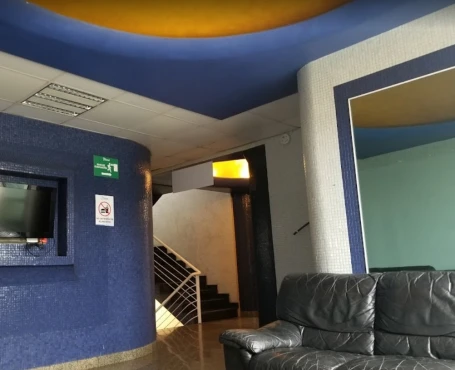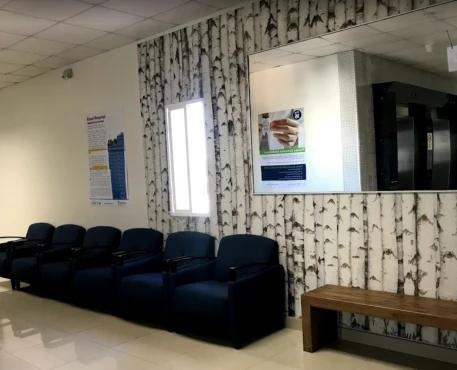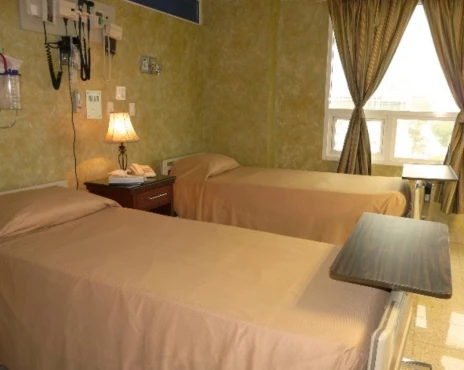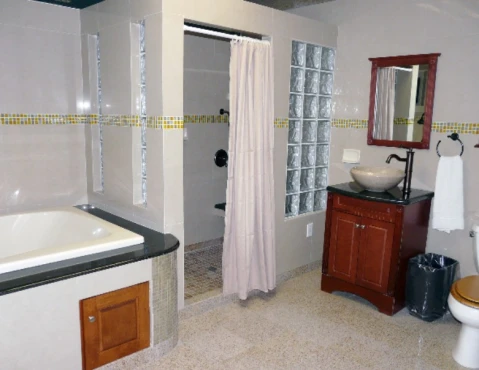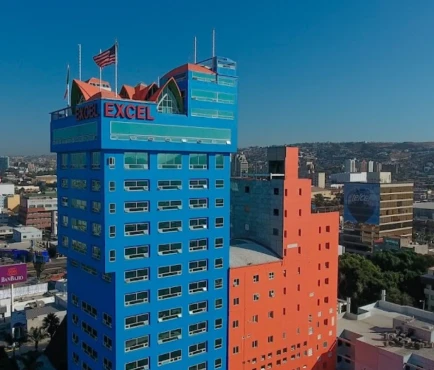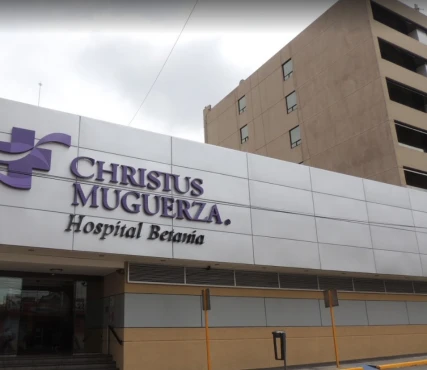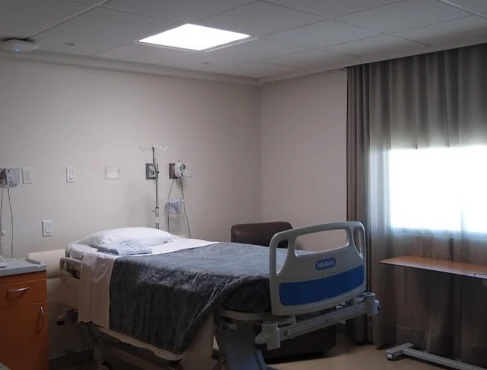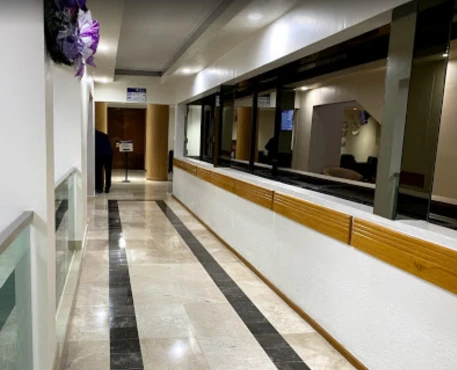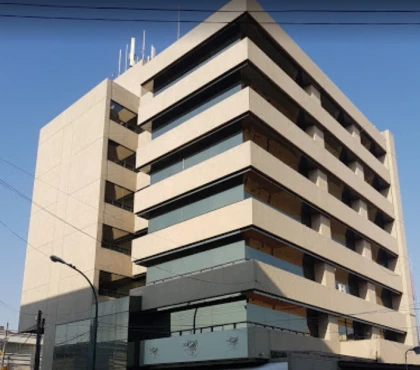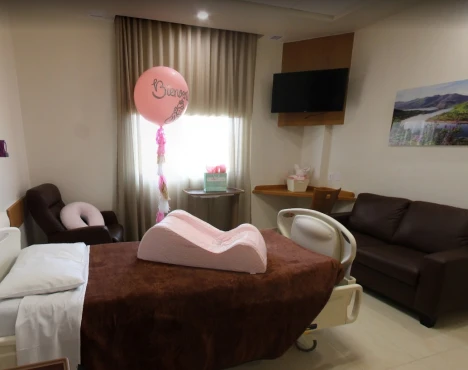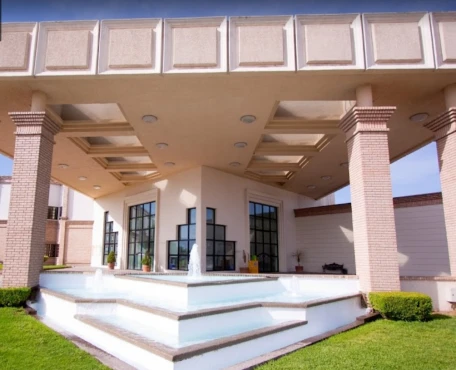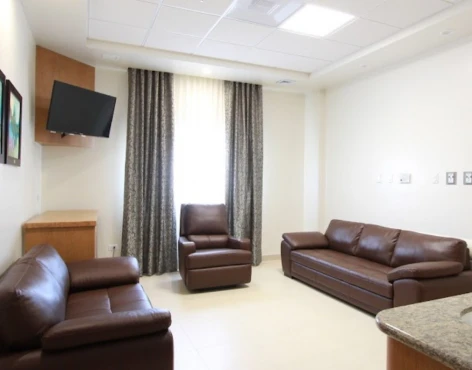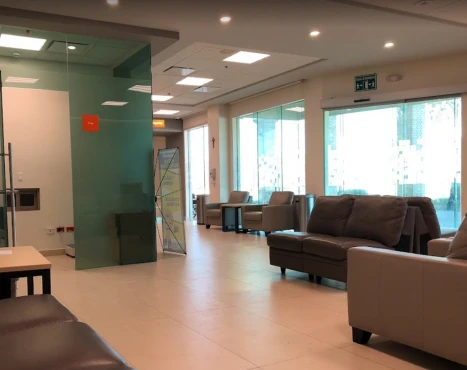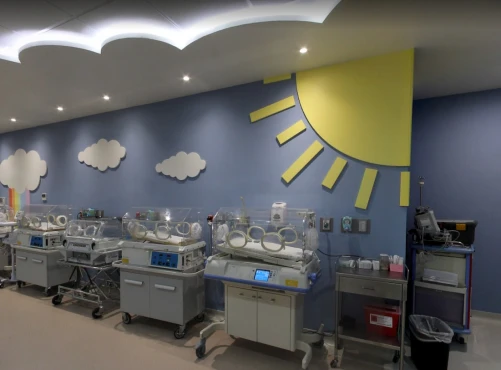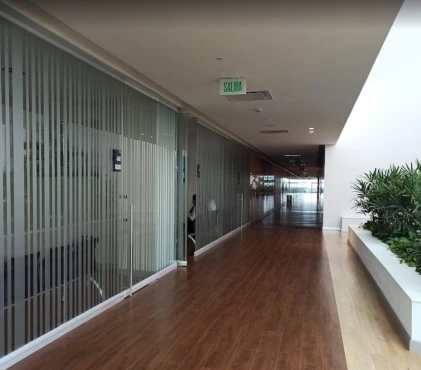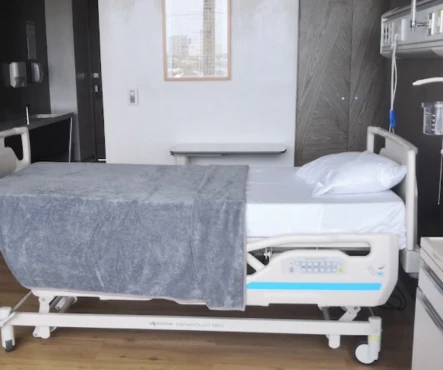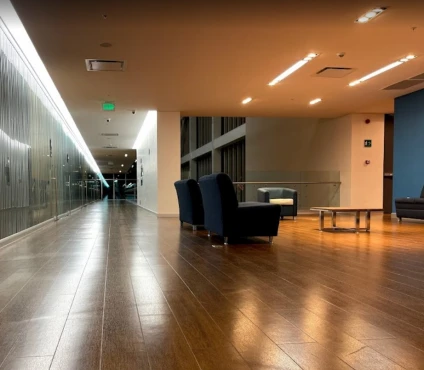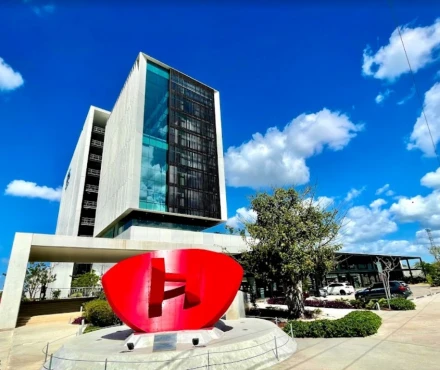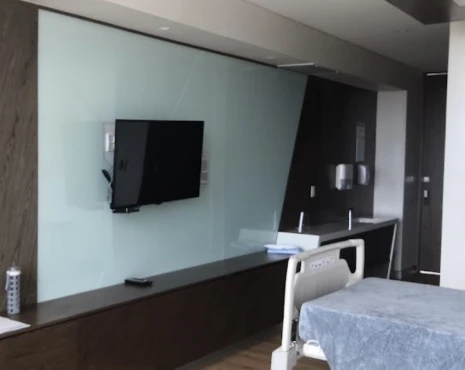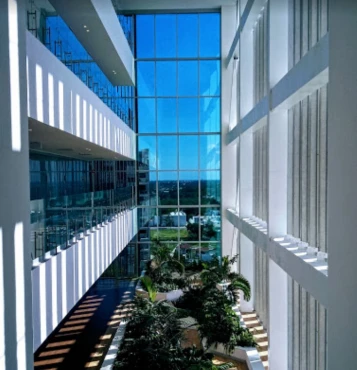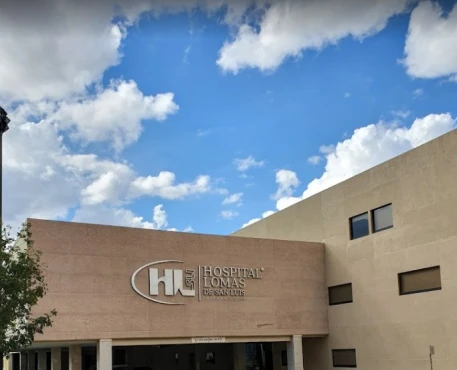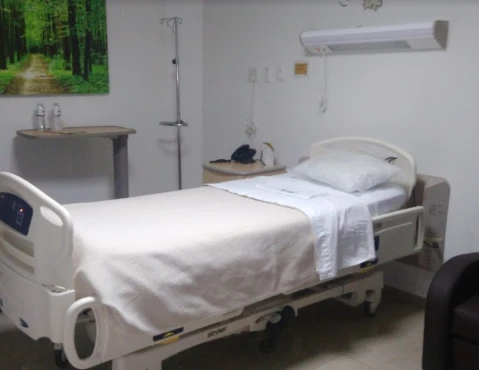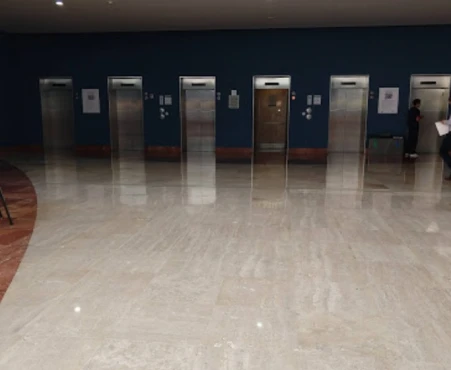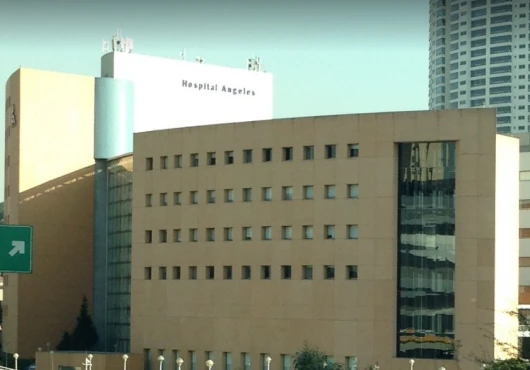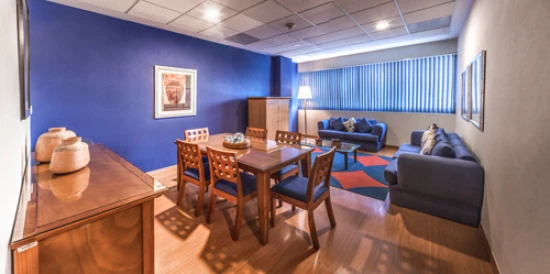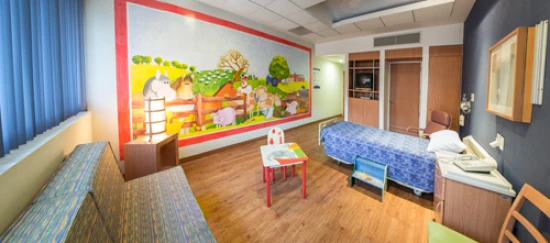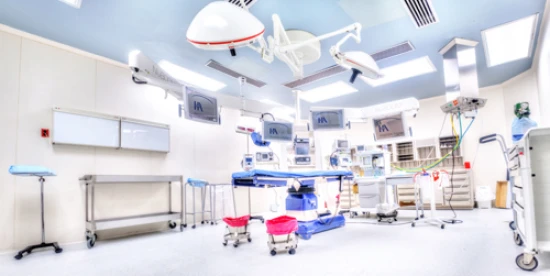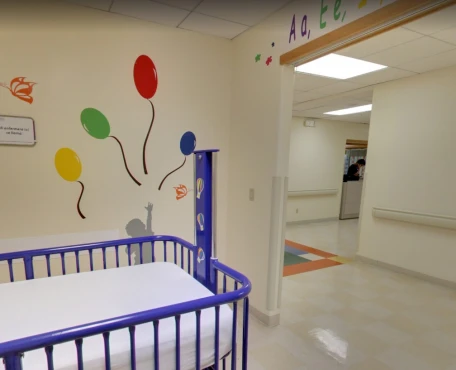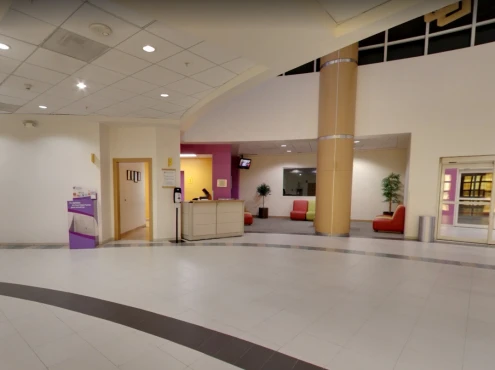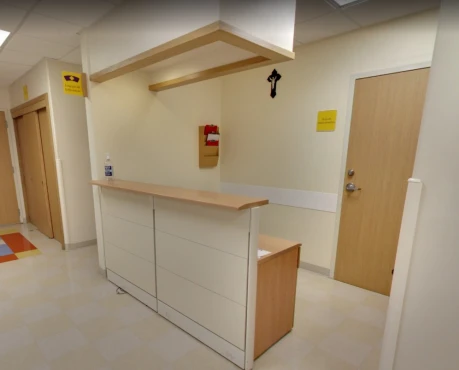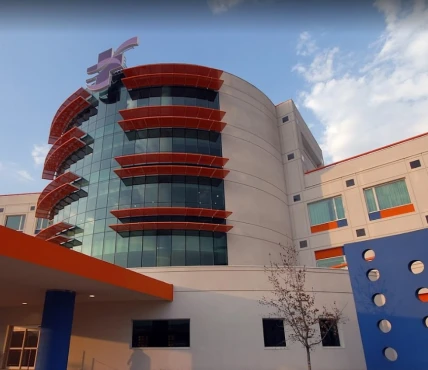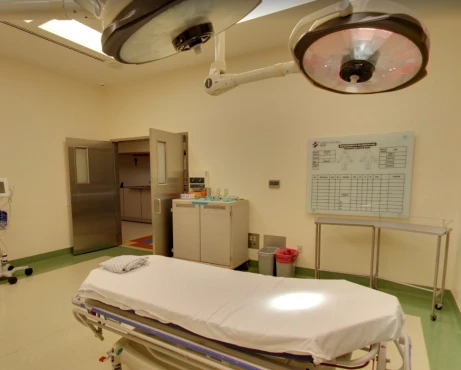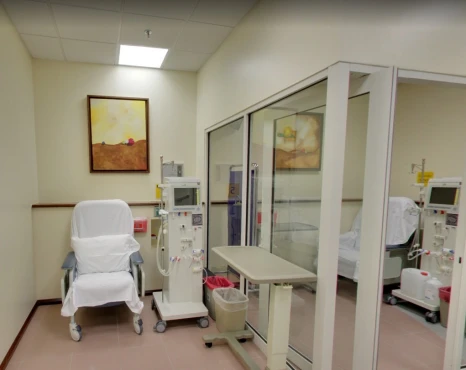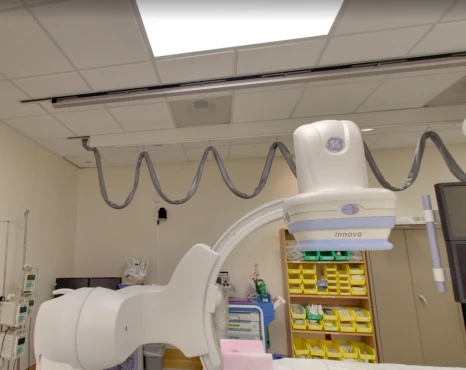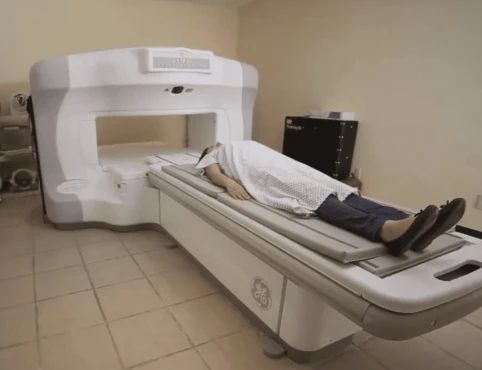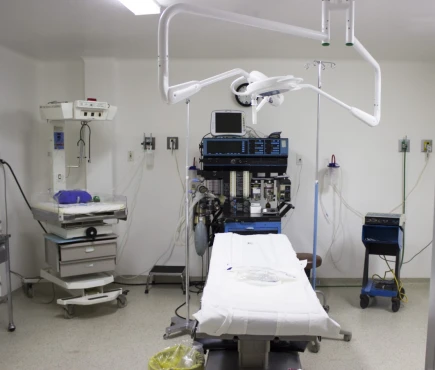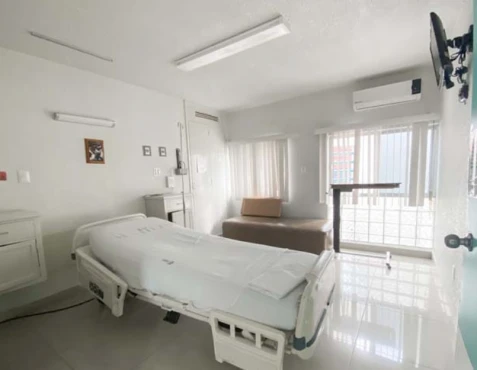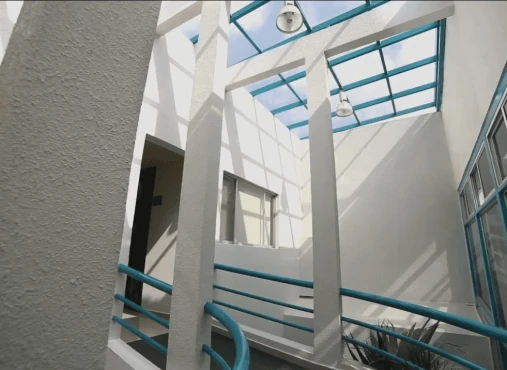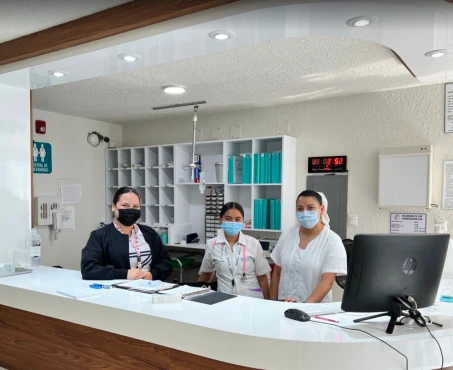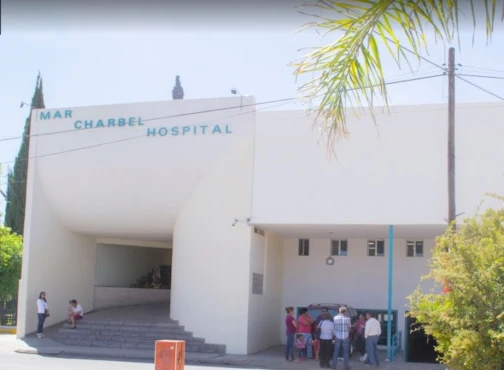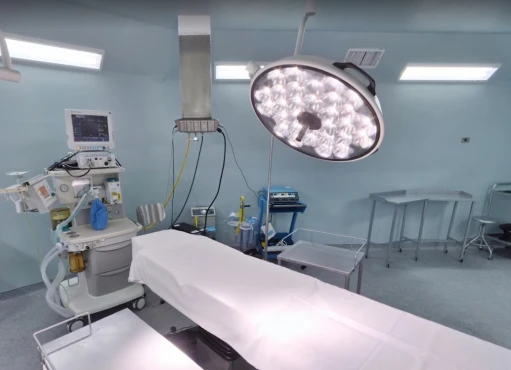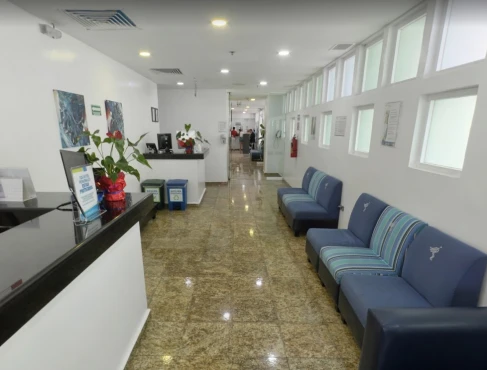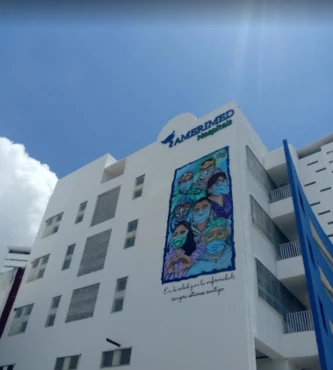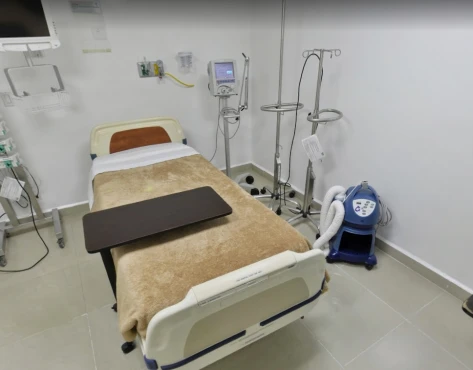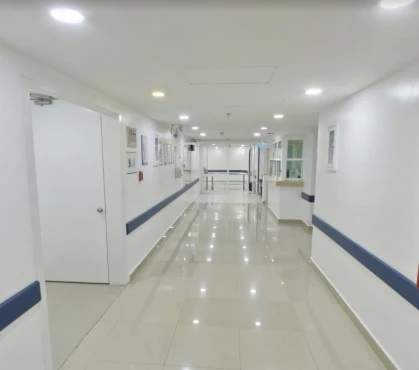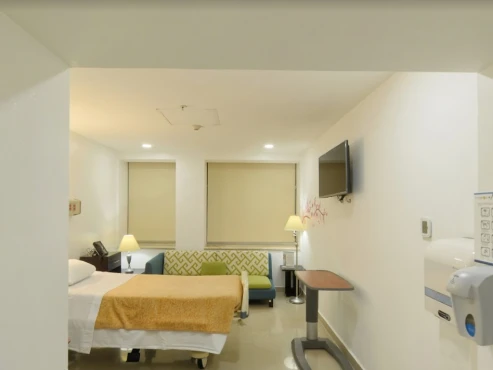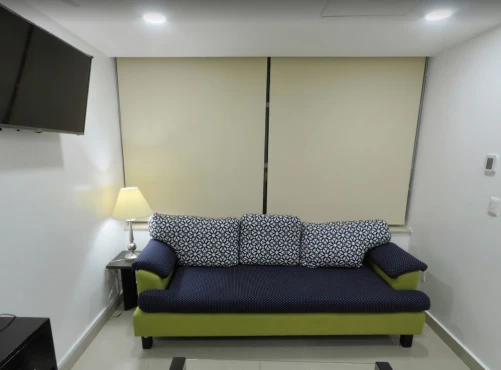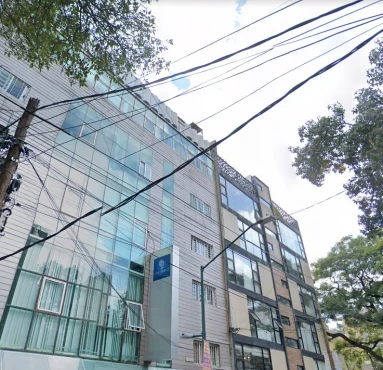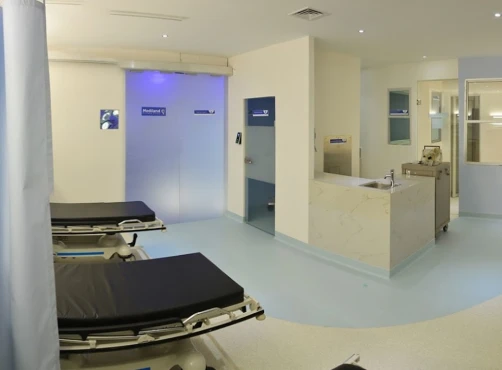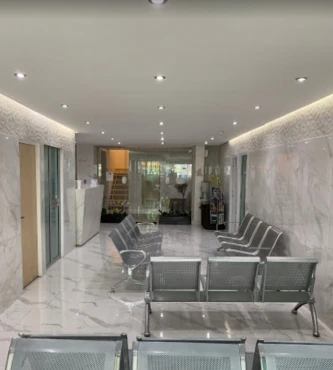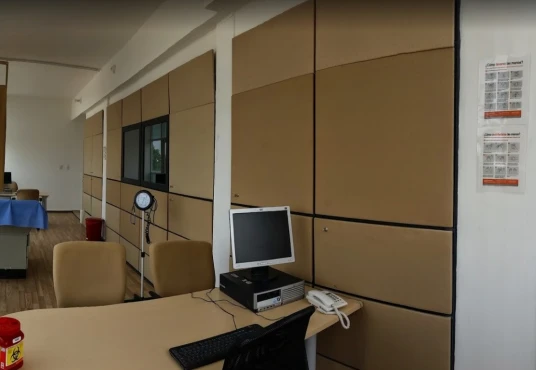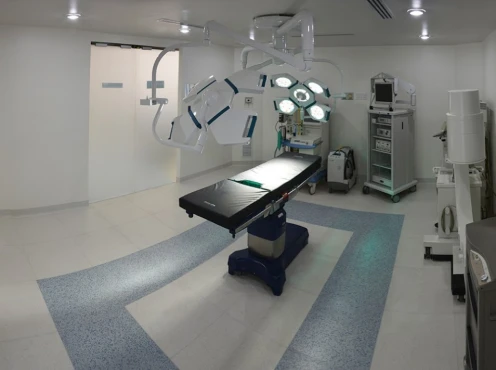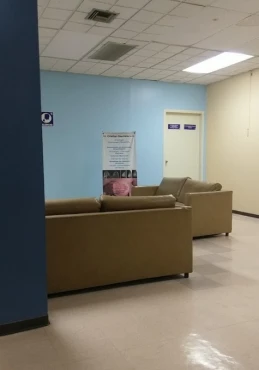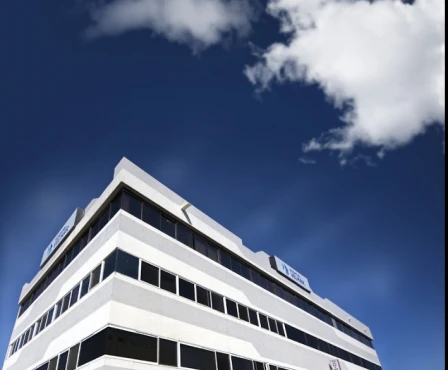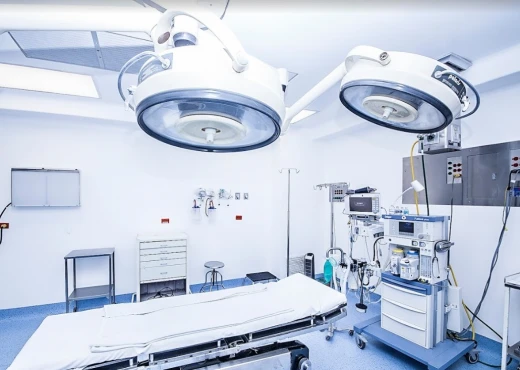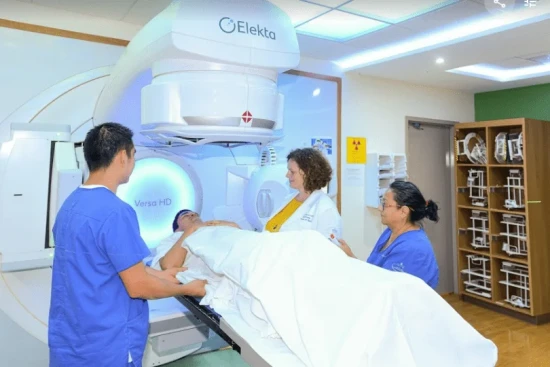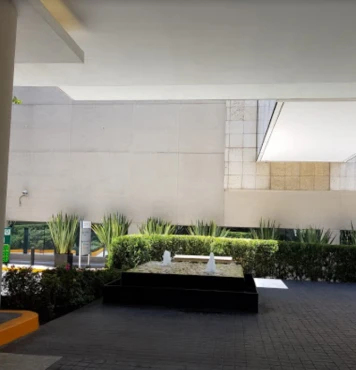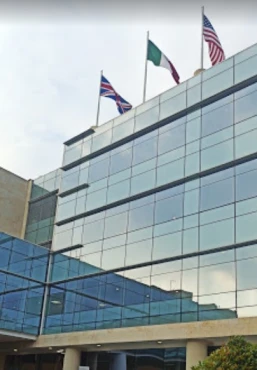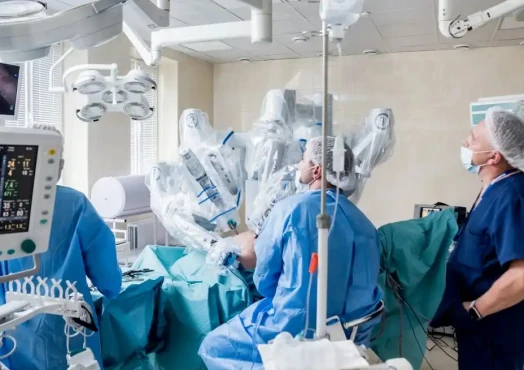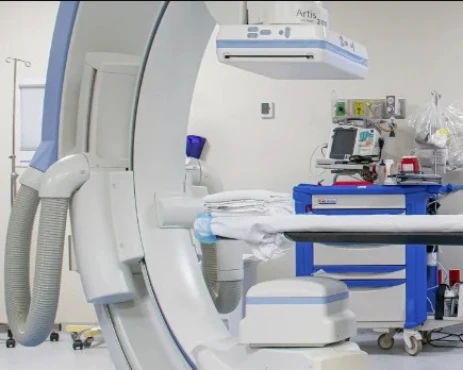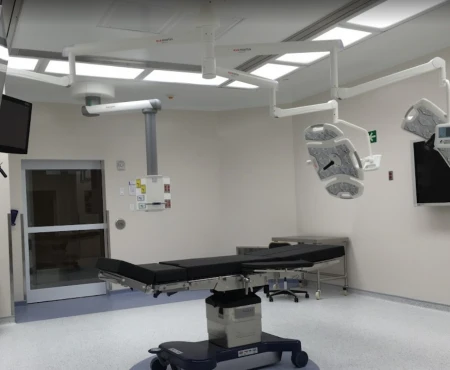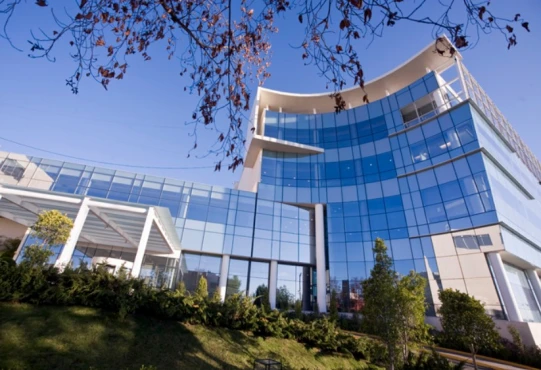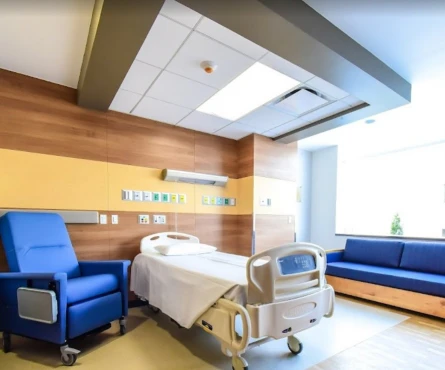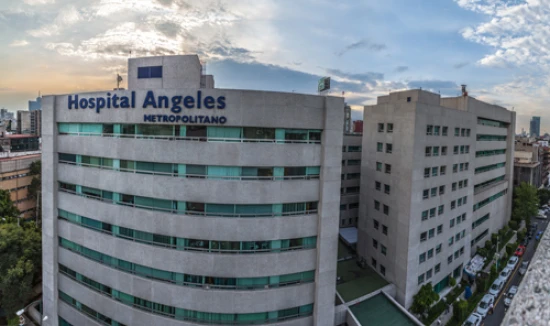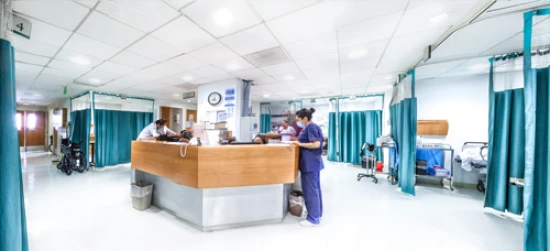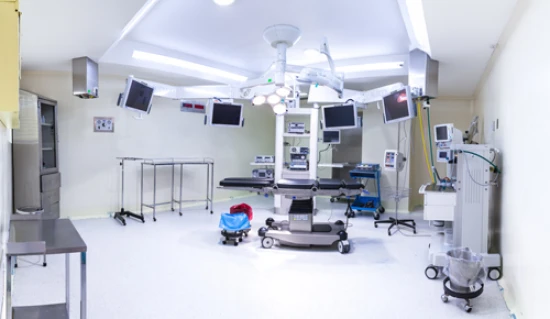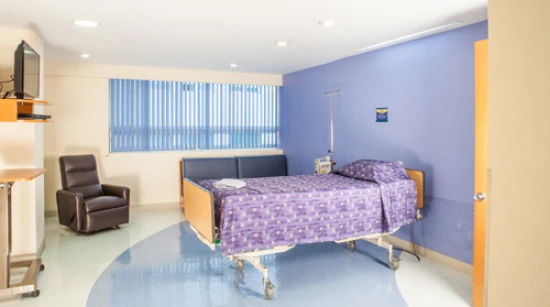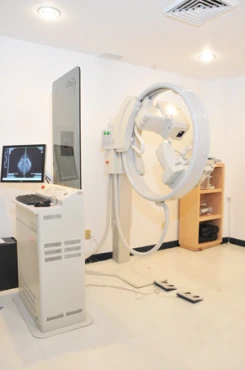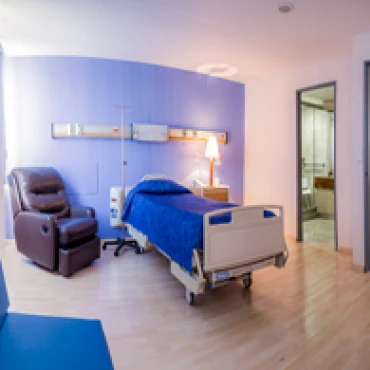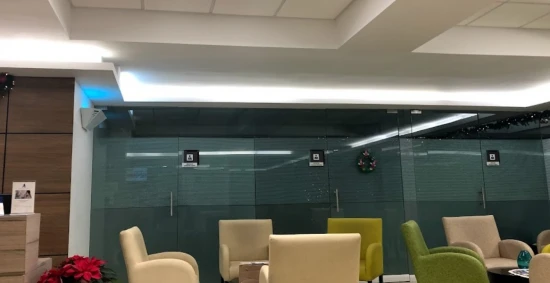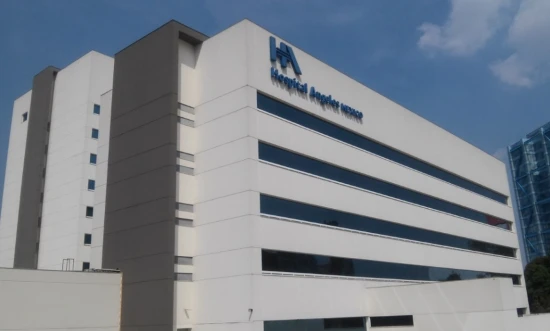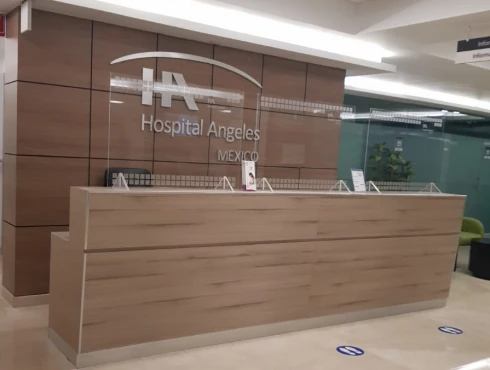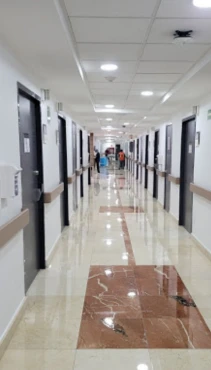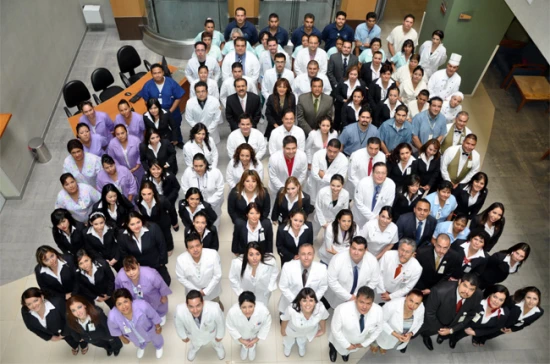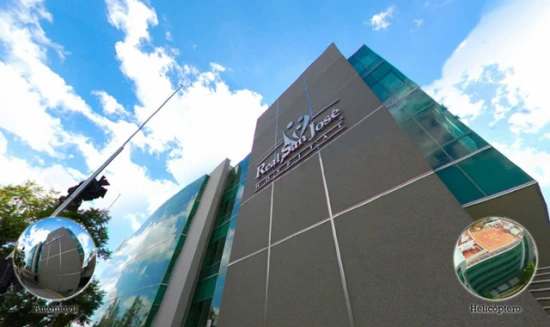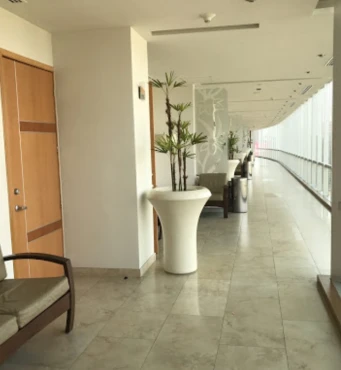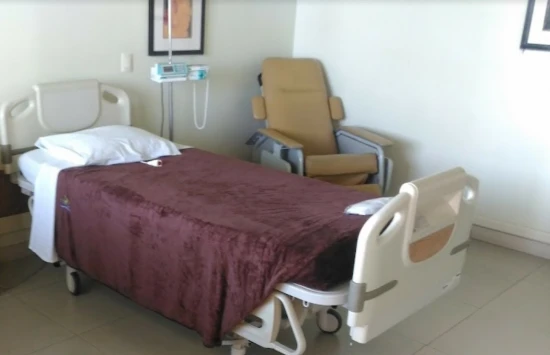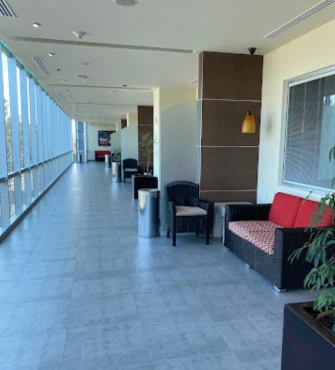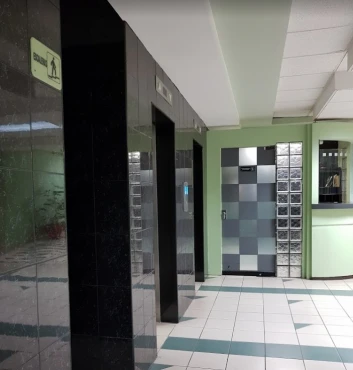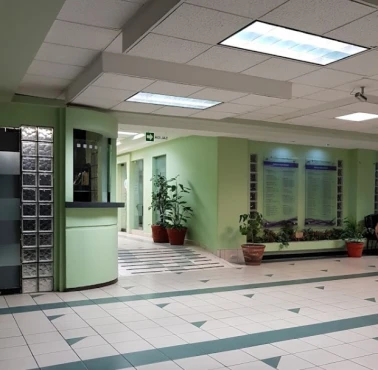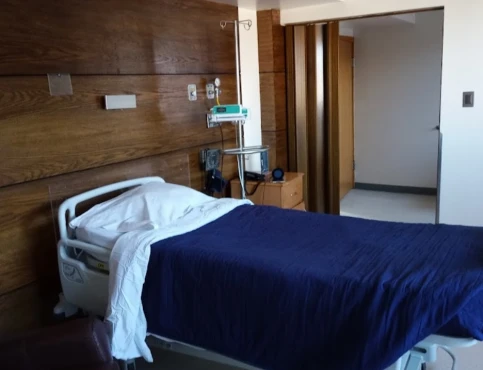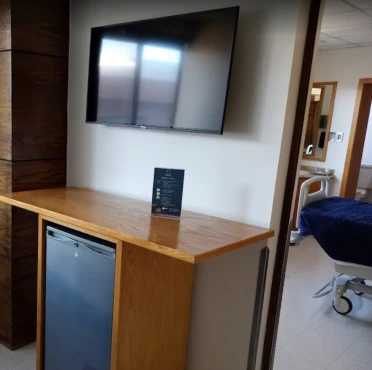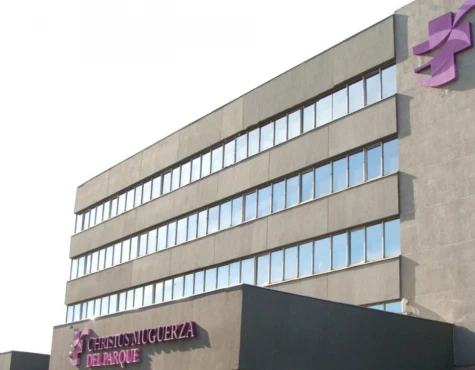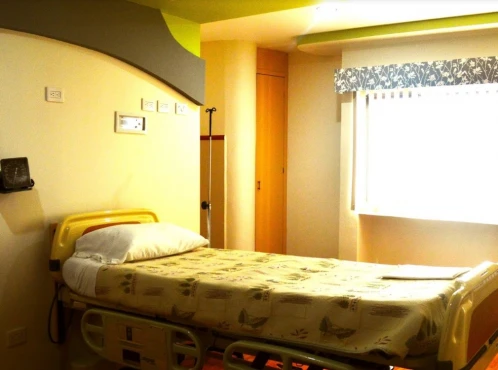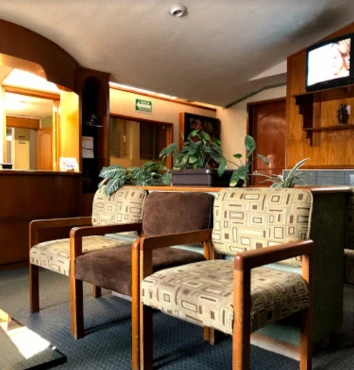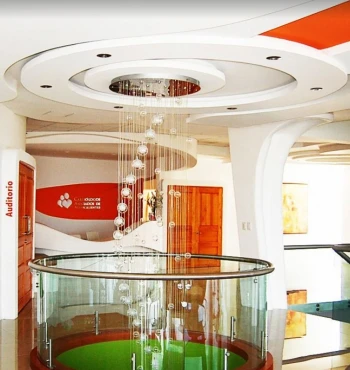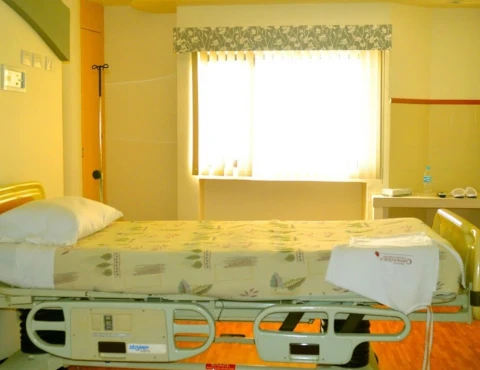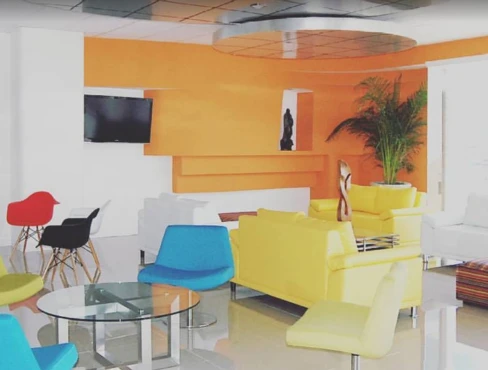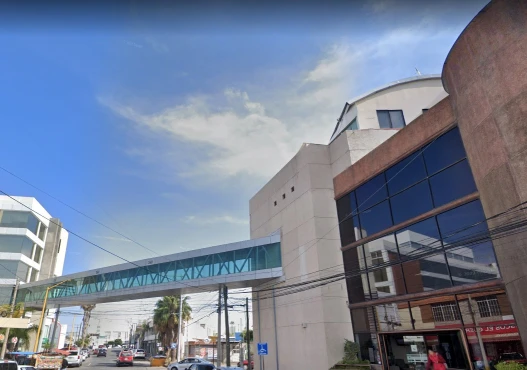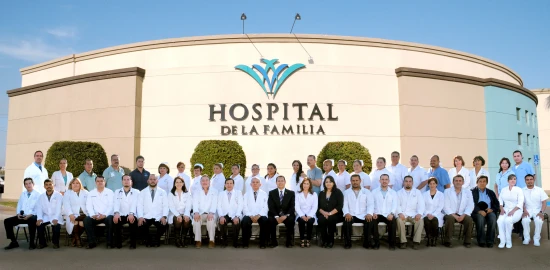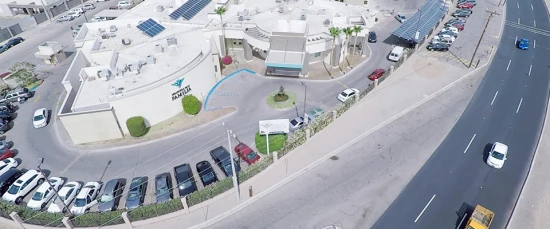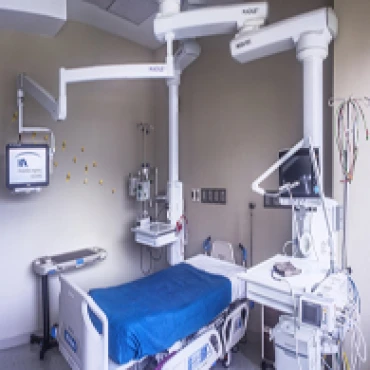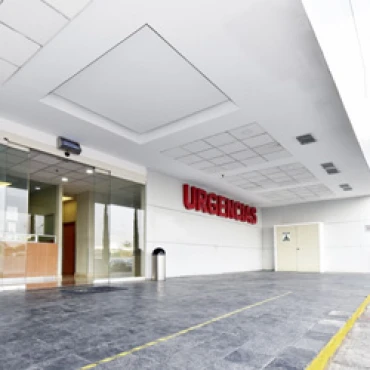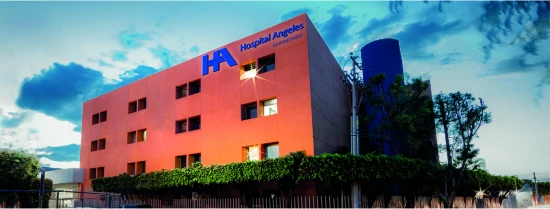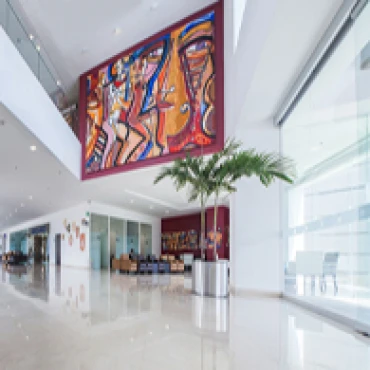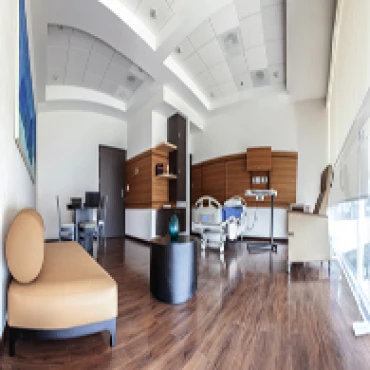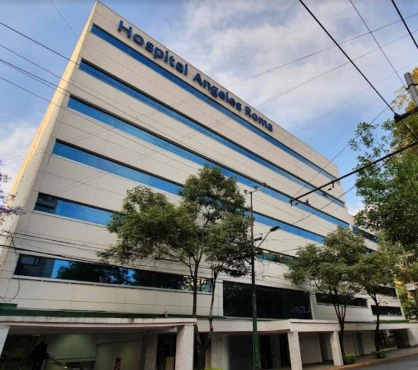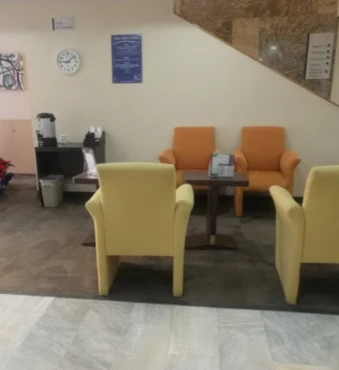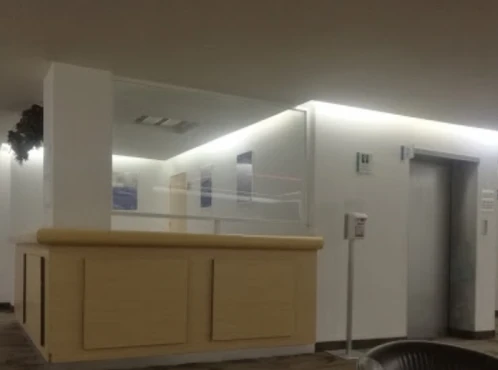Ventricular septal defect (VSD) treatment in 31 Cardiac surgery clinics in Mexico
31 clinics specializing in Cardiac surgery providing treatment of
Ventricular septal defect (VSD)
Ventricular septal defect (VSD) is a congenital heart defect where there is a hole in the wall (septum) separating the heart's lower chambers (ventricles). It can lead to abnormal blood flow and heart strain, requiring medical monitoring and, in some cases, surgical repair in early childhood.
Read more...
disease in Mexico.
-
Ventricular septal defect (VSD) repair
≈ $17,301
-
Percutaneous closure of ventricular septal defect (VSD)
≈ $10,386
-
Dual chamber pacemaker insertion
≈ $7,847
-
Coronary artery bypass graft (CABG)
≈ $25,360
-
Heart valve replacement
≈ $2,856
-
Heart valve repair
≈ $23,181
-
Aortic valve replacement (AVR)
≈ $25,559
-
Mitral valve replacement (MVR)
≈ $20,639
-
Transcatheter aortic valve replacement (TAVR)
≈ $37,155
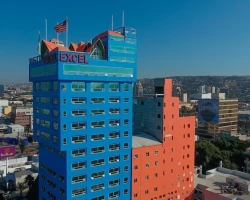
-
Percutaneous closure of ventricular septal defect (VSD)
≈ $10,386
-
Cardiac catheterization
≈ $2,444
-
Percutaneous ASD closure
≈ $10,045
-
Pulmonary artery thromboendarterectomy
≈ $9,871
-
Left atrial appendage occlusion
≈ $9,982
-
Transcatheter closure of patent ductus arteriosus (PDA) in adults
≈ $8,691
-
Intraaortic balloon pump (IABP) procedure
≈ $2,727
-
Coil embolization of intracardiac shunts and fistulas
≈ $4,568
-
Balloon angioplasty and stenting of aorta coarctation
≈ $9,868
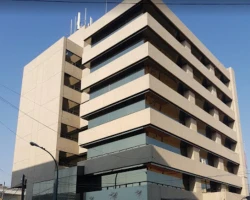
-
Percutaneous closure of ventricular septal defect (VSD)
≈ $10,386
-
Cardiac catheterization
≈ $2,444
-
Percutaneous ASD closure
≈ $10,045
-
Left atrial appendage occlusion
≈ $9,982
-
Transcatheter closure of patent ductus arteriosus (PDA) in adults
≈ $8,691
-
Intraaortic balloon pump (IABP) procedure
≈ $2,727
-
Coil embolization of intracardiac shunts and fistulas
≈ $4,568
-
Balloon angioplasty and stenting of aorta coarctation
≈ $9,868
-
Rashkind procedure
≈ $8,408
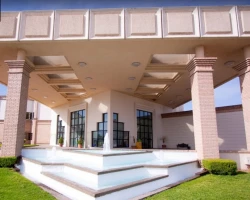
-
Percutaneous closure of ventricular septal defect (VSD)
≈ $10,386
-
Cardiac catheterization
≈ $2,444
-
Percutaneous ASD closure
≈ $10,045
-
Pulmonary artery thromboendarterectomy
≈ $9,871
-
Left atrial appendage occlusion
≈ $9,982
-
Transcatheter closure of patent ductus arteriosus (PDA) in adults
≈ $8,691
-
Intraaortic balloon pump (IABP) procedure
≈ $2,727
-
Coil embolization of intracardiac shunts and fistulas
≈ $4,568
-
Balloon angioplasty and stenting of aorta coarctation
≈ $9,868
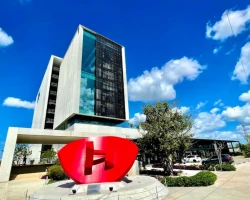
-
Percutaneous closure of ventricular septal defect (VSD)
≈ $10,386
-
Dual chamber pacemaker insertion
≈ $7,847
-
Permanent pacemaker implantation
≈ $8,031
-
Cardiac catheterization
≈ $2,444
-
Percutaneous ASD closure
≈ $10,045
-
Coronary catheterization
≈ $1,844
-
Percutaneous coronary intervention (PCI) with stent insertion
≈ $8,077
-
Single chamber pacemaker insertion
≈ $7,727
-
Cardiac resynchronization therapy with pacemaker (CRT-P)
≈ $12,406
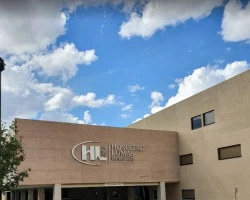
-
Pulmonary artery banding (PAB)
≈ $9,328
-
Ventricular septal defect (VSD) repair in children
≈ $14,250
-
Ventricular septal defect (VSD) repair
≈ $17,301
-
Percutaneous closure of ventricular septal defect (VSD)
≈ $10,386
-
Nikaidoh procedure
≈ $14,116
-
Dual chamber pacemaker insertion
≈ $7,847
-
Coronary artery bypass graft (CABG)
≈ $25,360
-
Heart valve replacement
≈ $2,856
-
Heart valve repair
≈ $23,181
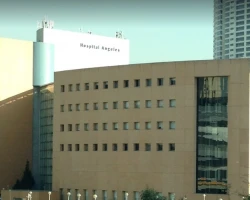
-
Pulmonary artery banding (PAB)
≈ $9,328
-
Ventricular septal defect (VSD) repair in children
≈ $14,250
-
Ventricular septal defect (VSD) repair
≈ $17,301
-
Percutaneous closure of ventricular septal defect (VSD)
≈ $10,386
-
Nikaidoh procedure
≈ $14,116
-
Dual chamber pacemaker insertion
≈ $7,847
-
Coronary artery bypass graft (CABG)
≈ $25,360
-
Heart valve replacement
≈ $2,856
-
Heart valve repair
≈ $23,181
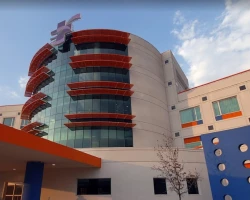
-
Percutaneous closure of ventricular septal defect (VSD)
≈ $10,386
-
Radiofrequency ablation (RFA)
≈ $15,663
-
Cardiac catheterization
≈ $2,444
-
Percutaneous ASD closure
≈ $10,045
-
Percutaneous coronary intervention (PCI) with stent insertion
≈ $8,077
-
Catheter cardiac ablation
≈ $10,568
-
Catheter cryoablation
≈ $12,332
-
Electrophysiology study (EPS)
≈ $2,819
-
Alcohol septal ablation in hypertrophic obstructive cardiomyopathy
≈ $5,424
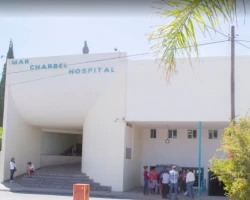
-
Percutaneous closure of ventricular septal defect (VSD)
≈ $10,386
-
Cardiac catheterization
≈ $2,444
-
Percutaneous ASD closure
≈ $10,045
-
Coronary catheterization
≈ $1,844
-
Percutaneous coronary intervention (PCI) with stent insertion
≈ $8,077
-
Percutaneous coronary intervention (PCI) with angioplasty
≈ $6,355
-
Fractional flow reserve (FFR)
≈ $1,064
-
Rotational atherectomy
≈ $2,175
-
Pulmonary artery thromboendarterectomy
≈ $9,871
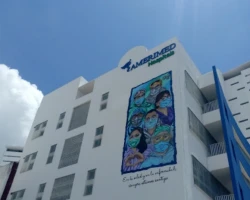
-
Percutaneous closure of ventricular septal defect (VSD)
≈ $10,386
-
Cardiac catheterization
≈ $2,444
-
Percutaneous ASD closure
≈ $10,045
-
Coronary catheterization
≈ $1,844
-
Percutaneous coronary intervention (PCI) with stent insertion
≈ $8,077
-
Percutaneous coronary intervention (PCI) with angioplasty
≈ $6,355
-
Fractional flow reserve (FFR)
≈ $1,064
-
Rotational atherectomy
≈ $2,175
-
Left atrial appendage occlusion
≈ $9,982
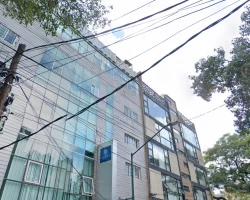
-
Percutaneous closure of ventricular septal defect (VSD)
≈ $10,386
-
Dual chamber pacemaker insertion
≈ $7,847
-
Permanent pacemaker implantation
≈ $8,031
-
Radiofrequency ablation (RFA)
≈ $15,663
-
Cardiac catheterization
≈ $2,444
-
Percutaneous ASD closure
≈ $10,045
-
Coronary catheterization
≈ $1,844
-
Percutaneous coronary intervention (PCI) with stent insertion
≈ $8,077
-
Catheter cardiac ablation
≈ $10,568
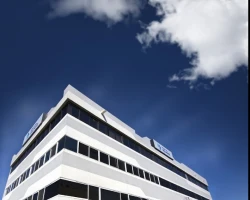
-
Pulmonary artery banding (PAB)
≈ $9,328
-
Ventricular septal defect (VSD) repair in children
≈ $14,250
-
Ventricular septal defect (VSD) repair
≈ $17,301
-
Percutaneous closure of ventricular septal defect (VSD)
≈ $10,386
-
Nikaidoh procedure
≈ $14,116
-
Dual chamber pacemaker insertion
≈ $7,847
-
Coronary artery bypass graft (CABG)
≈ $25,360
-
Heart valve replacement
≈ $2,856
-
Heart valve repair
≈ $23,181
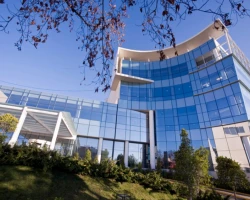
-
Pulmonary artery banding (PAB)
≈ $9,328
-
Ventricular septal defect (VSD) repair in children
≈ $14,250
-
Ventricular septal defect (VSD) repair
≈ $17,301
-
Nikaidoh procedure
≈ $14,116
-
Dual chamber pacemaker insertion
≈ $7,847
-
Coronary artery bypass graft (CABG)
≈ $25,360
-
Heart valve replacement
≈ $2,856
-
Heart valve repair
≈ $23,181
-
Aortic valve replacement (AVR)
≈ $25,559
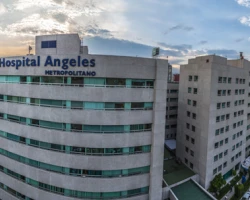
-
Pulmonary artery banding (PAB)
≈ $9,328
-
Ventricular septal defect (VSD) repair in children
≈ $14,250
-
Ventricular septal defect (VSD) repair
≈ $17,301
-
Nikaidoh procedure
≈ $14,116
-
Dual chamber pacemaker insertion
≈ $7,847
-
Coronary artery bypass graft (CABG)
≈ $25,360
-
Heart valve replacement
≈ $2,856
-
Heart valve repair
≈ $23,181
-
Aortic valve replacement (AVR)
≈ $25,559
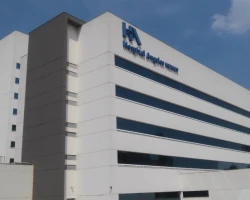
-
Percutaneous closure of ventricular septal defect (VSD)
≈ $10,386
-
Radiofrequency ablation (RFA)
≈ $15,663
-
Cardiac catheterization
≈ $2,444
-
Percutaneous ASD closure
≈ $10,045
-
Percutaneous coronary intervention (PCI) with stent insertion
≈ $8,077
-
Catheter cardiac ablation
≈ $10,568
-
Catheter cryoablation
≈ $12,332
-
Electrophysiology study (EPS)
≈ $2,819
-
Alcohol septal ablation in hypertrophic obstructive cardiomyopathy
≈ $5,424
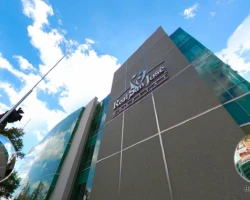
-
Ventricular septal defect (VSD) repair
≈ $17,301
-
Percutaneous closure of ventricular septal defect (VSD)
≈ $10,386
-
Dual chamber pacemaker insertion
≈ $7,847
-
Coronary artery bypass graft (CABG)
≈ $25,360
-
Heart valve replacement
≈ $2,856
-
Heart valve repair
≈ $23,181
-
Aortic valve replacement (AVR)
≈ $25,559
-
Mitral valve replacement (MVR)
≈ $20,639
-
Transcatheter aortic valve replacement (TAVR)
≈ $37,155
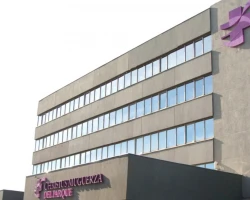
-
Ventricular septal defect (VSD) repair
≈ $17,301
-
Percutaneous closure of ventricular septal defect (VSD)
≈ $10,386
-
Dual chamber pacemaker insertion
≈ $7,847
-
Coronary artery bypass graft (CABG)
≈ $25,360
-
Off-pump coronary artery bypass surgery
≈ $19,108
-
Permanent pacemaker implantation
≈ $8,031
-
Radiofrequency ablation (RFA)
≈ $15,663
-
Cardiac catheterization
≈ $2,444
-
Percutaneous ASD closure
≈ $10,045
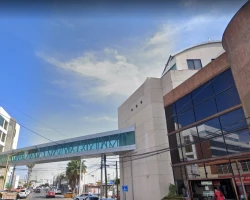
-
Ventricular septal defect (VSD) repair
≈ $17,301
-
Percutaneous closure of ventricular septal defect (VSD)
≈ $10,386
-
Dual chamber pacemaker insertion
≈ $7,847
-
Coronary artery bypass graft (CABG)
≈ $25,360
-
Off-pump coronary artery bypass surgery
≈ $19,108
-
Permanent pacemaker implantation
≈ $8,031
-
Cardiac catheterization
≈ $2,444
-
Percutaneous ASD closure
≈ $10,045
-
Percutaneous coronary intervention (PCI) with stent insertion
≈ $8,077
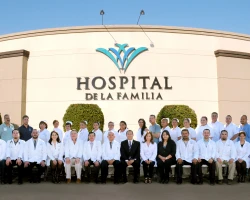
-
Pulmonary artery banding (PAB)
≈ $9,328
-
Ventricular septal defect (VSD) repair in children
≈ $14,250
-
Ventricular septal defect (VSD) repair
≈ $17,301
-
Percutaneous closure of ventricular septal defect (VSD)
≈ $10,386
-
Nikaidoh procedure
≈ $14,116
-
Dual chamber pacemaker insertion
≈ $7,847
-
Coronary artery bypass graft (CABG)
≈ $25,360
-
Heart valve replacement
≈ $2,856
-
Heart valve repair
≈ $23,181
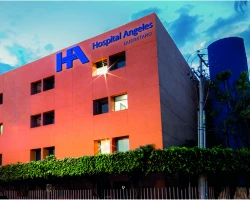
-
Ventricular septal defect (VSD) repair
≈ $17,301
-
Percutaneous closure of ventricular septal defect (VSD)
≈ $10,386
-
Dual chamber pacemaker insertion
≈ $7,847
-
Coronary artery bypass graft (CABG)
≈ $25,360
-
Off-pump coronary artery bypass surgery
≈ $19,108
-
Permanent pacemaker implantation
≈ $8,031
-
Radiofrequency ablation (RFA)
≈ $15,663
-
Cardiac catheterization
≈ $2,444
-
Percutaneous ASD closure
≈ $10,045
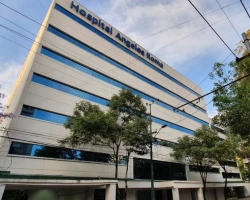
Clinics grouping by rating
Clinic with the highest rating of 4.5 — Excel Hospital in Tijuana, Mexico, clinic with the most reviews number of 1548 — Hospital General de México Dr. Eduardo Liceaga in Mexico City, Mexico.
With rating 4.0 and over — 14 clinics .
Countries with the highest number of clinics treating the diseases:
Ventricular septal defect (VSD):
Related procedures:
Quick navigation
- Balloon angioplasty and stenting of aorta coarctation $9,868 - $9,868
- Cardiac catheterization $2,444 - $2,444
- Coarctectomy in children $12,822 - $12,822
- Coil embolization of intracardiac shunts and fistulas $4,568 - $4,568
- Extracorporeal membrane oxygenation (ECMO) by request
- Heart tumor surgery $14,919 - $14,919
- Intraaortic balloon pump (IABP) procedure $2,727 - $2,727
- Left atrial appendage occlusion $9,982 - $9,982
- MAZE procedure $13,924 - $13,924
- Minimally invasive valvular heart surgery with valve repair or replacement by request
- NobleStitch™ PFO closure procedure by request
- Open-heart intracardiac foreign body removal $17,830 - $17,830
- Patent ductus arteriosus (PDA) open heart surgery in adults $6,019 - $6,019
- Percutaneous ASD closure $10,045 - $10,045
- Percutaneous closure of ventricular septal defect (VSD) $10,386 - $10,386
- Rashkind procedure $8,408 - $8,408
- Surgery for tetralogy of Fallot (TOF) in adults $10,435 - $10,435
- Surgical ventricular restoration (SVR) $14,265 - $14,265
- Transcatheter closure of patent ductus arteriosus (PDA) in adults $8,691 - $8,691
- Ventricular septal defect (VSD) repair $17,301 - $17,301
- Aortic valve insufficiency
- Aortic valve stenosis
- Atrial fibrillation (AFib)
- Coarctation of the aorta (CoA)
- Foreign bodies in the heart
- Heart failure
- Heart tumor
- Heart valve disease
- Mitral valve insufficiency
- Mitral valve stenosis
- Multivalvular disease
- Myocardial infarction (MI)
- Pneumonia
- Pulmonary hypertension
- Sinus of valsalva aneurysm (SOVA)
- Tricuspid valve insufficiency
- Tricuspid valve stenosis
- Valvular insufficiency
- Ventricular aneurysm
- Ventricular septal rupture (VSR)
